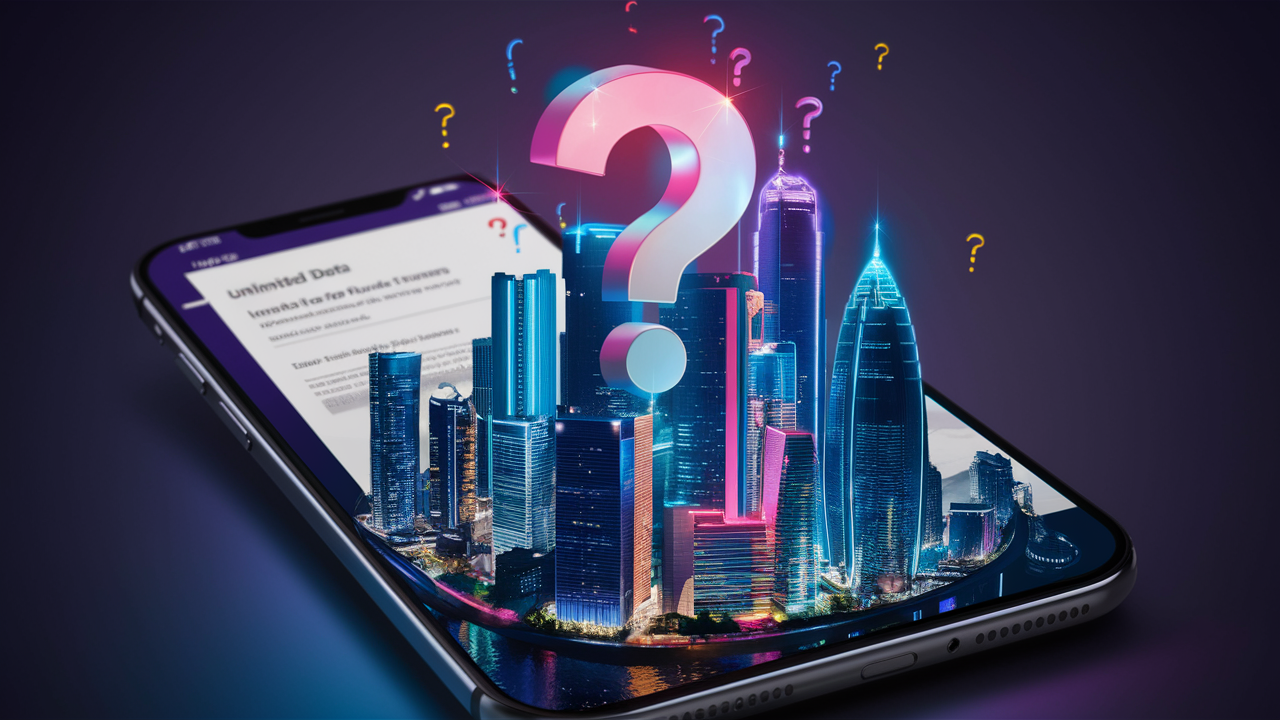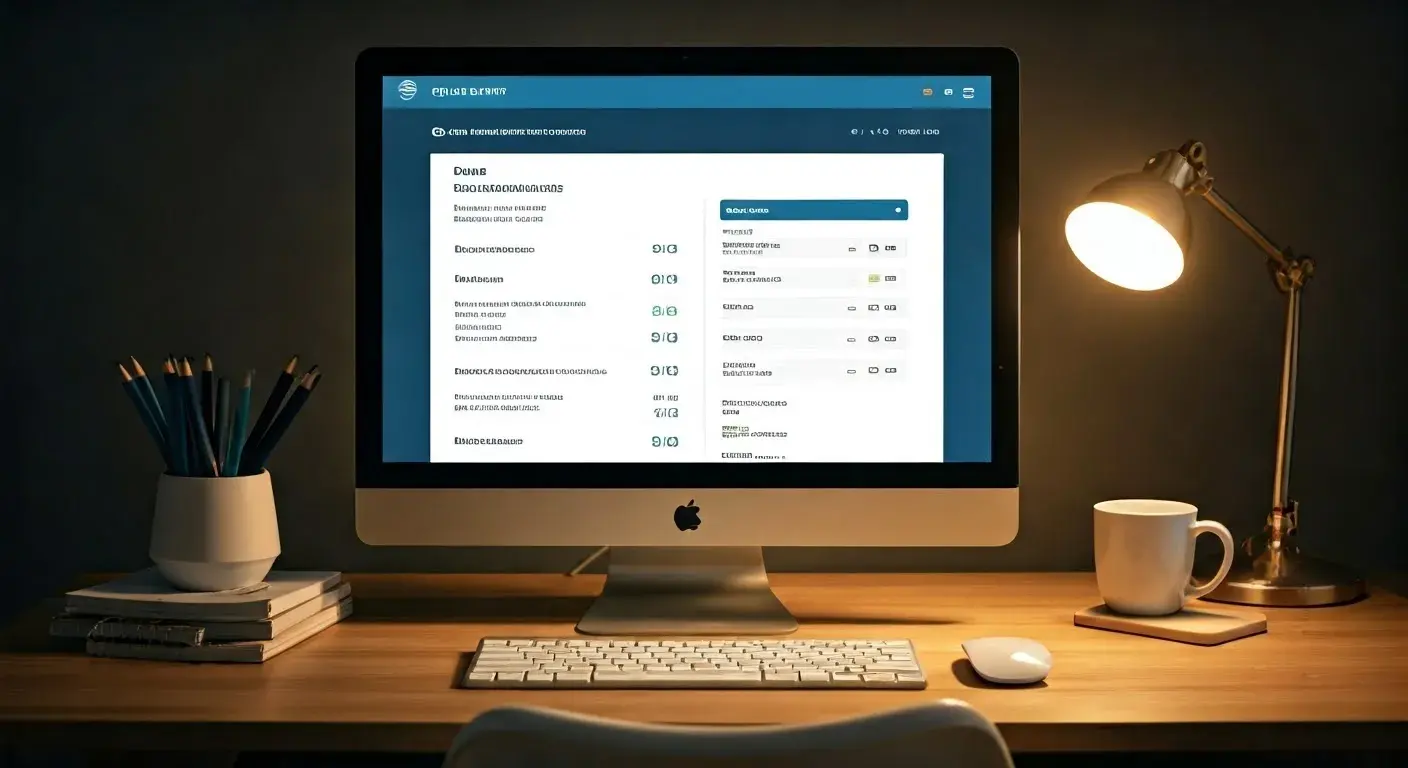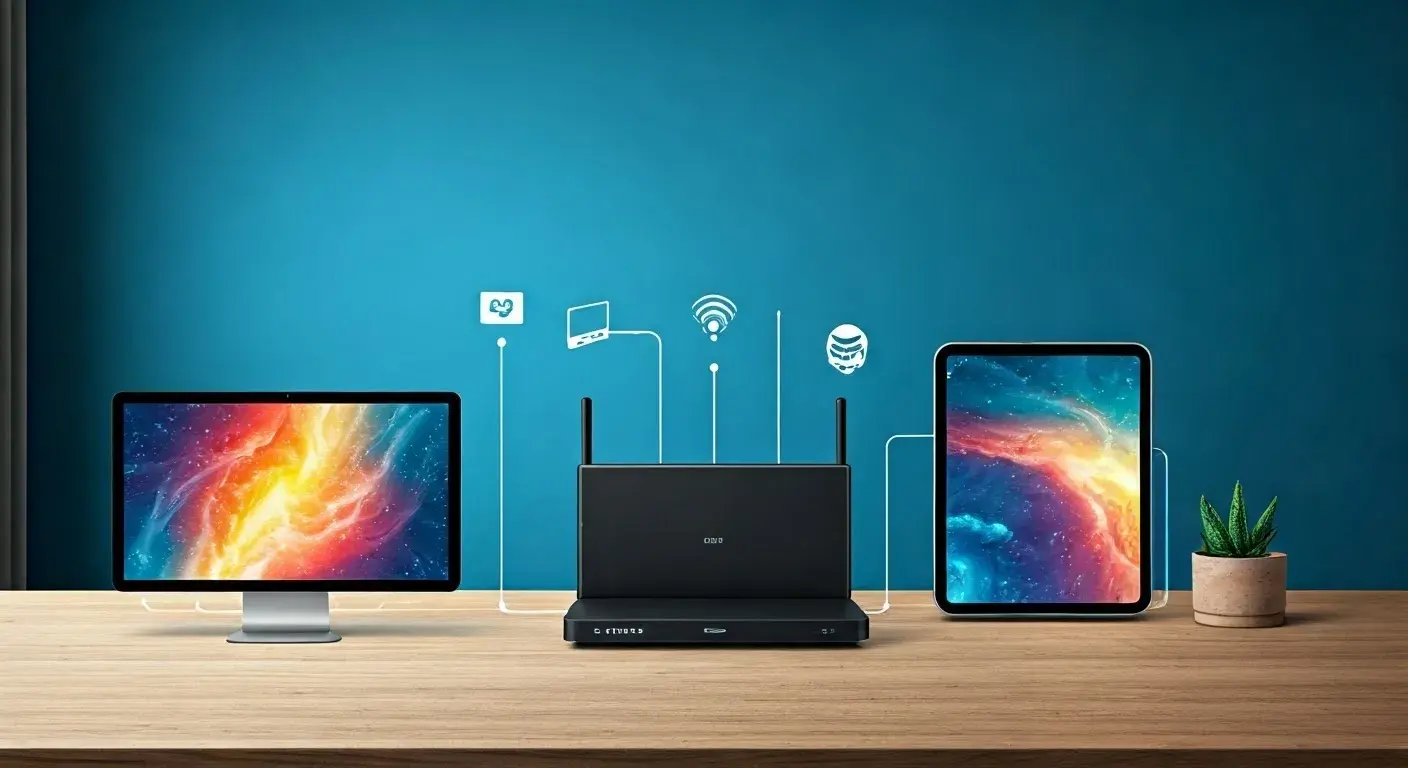Is it worth getting unlimited data?

It is therefore clear that in the last few years, there has been a sharp rise in data usage since the introduction of streaming services, mobile apps, and the internet service-centric way of life we live in today. This brings the question to many - is it worth paying an extra amount of money per month for unlimited data? People have valid reasons as to why they support or believe in it. These are the key things to understand when trying to determine whether or not unlimited data plans are worthwhile for you.
The Limits and Prices of Unmetered Internet
The first and largest concern for most consumers is whether this premium is justified by the services offered. In this case, unlimited plans come at a higher price of $20-50 per month than metered plans that offer data ranging between 2- 10 GB. This is because, over a one or two-year contract term, this amounted to a considerable sum.
However, it is evident that today, most of the key internet and wireless service providers have adopted slightly expensive plans ranging between $50 and $ 90 that are billed as unlimited. Premiums for unlimited, although still more than for limited, have slightly declined within the last few years. The per-line cost can further be lowered by availing the family or bundled plans. However, when it comes to the everyday use of the Internet, such an approach seems to be excessive in most cases, even for those users who do not download much content.
Avoiding Overage Fees
The special benefit of unlimited data is that, unlike other plans, you’re not charged for using more than the amount provided in that month. While major carriers offer data plans that propose a specific 1-2GB limit, they will charge $15-20 for any additional 1- 2 GB. This is especially the case for families or households where more than one device is in use and frequently gets used. An “unlimited” plan means that you will never have to worry about any of these overage penalties, which are the biggest advantages of this option.
Audio & Video Streaming, Downloading Bigger Files
The most compelling response to the question of why unlimited data still makes sense is the possibility of using high bandwidth services without restriction. Services like Netflix, YouTube, Spotify, cloud storage, and lots of other applications will still demand more data. Recent statistics indicated that streaming of videos on mobile gadgets, especially smartphones, has been pegged at 60% of the total Smartphone data usage. However, console and PC game downloads can be as large as 50GB each! It seems that, at least for the media power users, the lack of a data cap is almost obligatory these days if you don’t rely mostly on WiFi.
Future-Proofing Your Data Needs
This connection is only going to increase further as 5G has recently entered the scene. Smart cars, virtual reality, video calling, and smart home devices are also fast-growing technology trends. Of course, if you don’t use much mobile data today at all, most users’ consumption increases significantly every year. Getting an unlimited plan is useful from an evolutionary standpoint because the pipeline is going to have even greater bandwidth requirements.
Some of the disadvantages of having unlimited data plans include the following:
Although limitless data helps to alleviate certain issues, there are a few possible drawbacks as well: Although limitless data helps certain issues, there are a few possible drawbacks as well:
Most providers of "unlimited" plans use a standard practice known as "throttle policies," wherein they retain the right to slow down user data speed in a billing cycle for those who surpass 25–50GB consumption. This lessens the likelihood of network congestion but compromises its usage.
More Taxes/Surcharges – The monthly line access fees that accompany unlimited plans are, however, subject to higher taxes as well as other regulatory charges that do not apply to other data quantities. These extras can cost anything from $5- 10 in addition to the regular price.
Contract Costs – Compared to prepaid or any other device installment plan, the unlimited data may come with a heftier initial cost or down payment.
Weighing Your Actual Usage
In addition, taking the time to evaluate your household or individual data needs at the end of the month before signing up for an unlimited plan is essential. Gaze at your last month’s bills—do you find yourself frequently crossing the 5GB limit and paying overages now? Is someone using social networking or streaming videos in full HD for hours daily without a proper WiFi connection? When you are not getting sufficiently close to your current usage limit, which is the usage per month, it is difficult to rationalize the term unlimited. This is actually true, but if you frequently go over your bandwidth allowance or use the media heavily, then the balance in mathematical terms shifts towards the unlimited plan despite the higher cost.
The Bottom Line
There is no specific solution to this question that can be addressed without looking at the situation as a whole. Families with multiple smart devices and media streaming players then get their money’s worth from the unlimited data offered. It seems unreasonable for an individual with a data consumption rate that does not exceed 3-4 GB per month to spend money on it. Take a look at the recent usage and data requirement scenarios based on what you anticipate for the next 2-3 years. If you think that you will need 10 GB+ every month, then an unlimited plan is what’s right for you. Otherwise, select a rate that has a safety cushion above the amount of kWh you usually use every month. Ensuring that you are keen on your usage of the service and the amount of data that you will need in the future, you can be able to get the right plan.
Upgrade to faster, more reliable AT&T Fiber Internet today! Call us at +1 844-905-5002 and get connected with speeds that keep you ahead.





